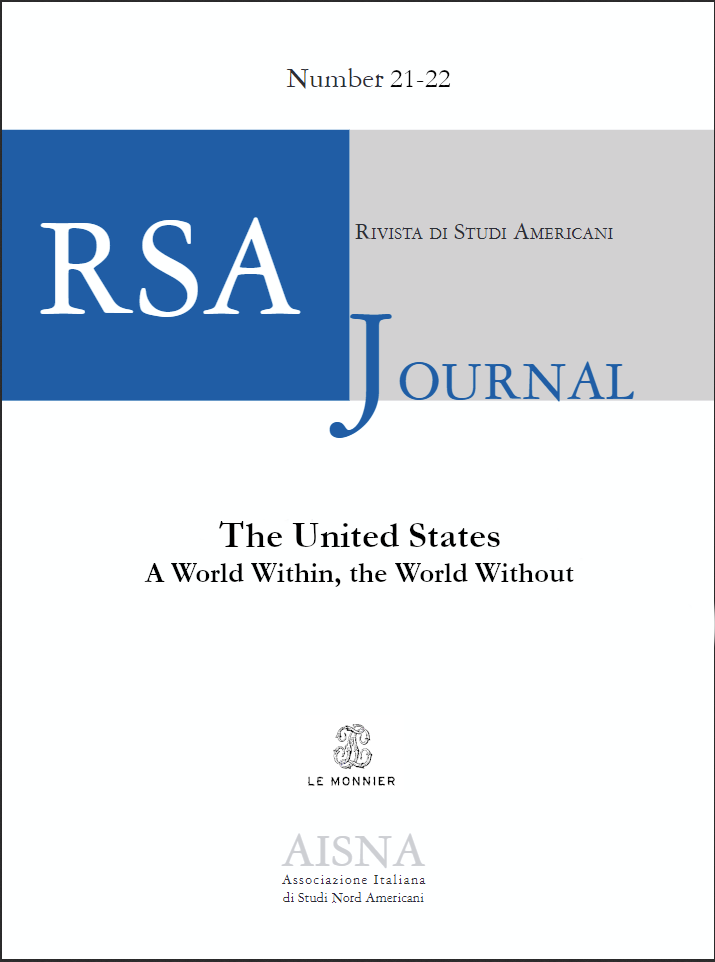The Legal Dilemma of Guantánamo Detainees From Bush to Obama
DOI:
https://doi.org/10.13135/1592-4467/8719Keywords:
American presidents, torture, military commission, Guantánamo detaineesAbstract
President Obama’s decision to try Khalid Sheikh Mohammed in a military commission has been characterized as an “implicit confession” that military commissions are the “best balance of security needs and protections for liberty.” In truth, over ten years of executive power-grabs, facilitated by a cooperative Congress and divided Supreme Court, have left trial by military commission the only available option. In this paper I review the evolution of the legal environment faced by the Guantánamo detainees. I show that the Mohammed’s commission proceedings will take place ten years after 9/11 for two reasons: the Bush administration unnecessarily, immorally, and illegally engaged in torture of the worst perpetrators of terrorist acts, and the Bush administration repeatedly chose to advance its theory of an all-powerful executive branch at the expense of prosecuting these perpetrators expeditiously. The effects of this policy of torture include delaying justice for victims of the attacks on 9/11 and on the USS Cole for over ten years.
Downloads
Published
Issue
Section
License
RSAJournal will apply a CC BY 4.0 license to all its contributions starting with issue 37 (2026). Previous issues are licensed under a CC BY-NC-ND licence.





